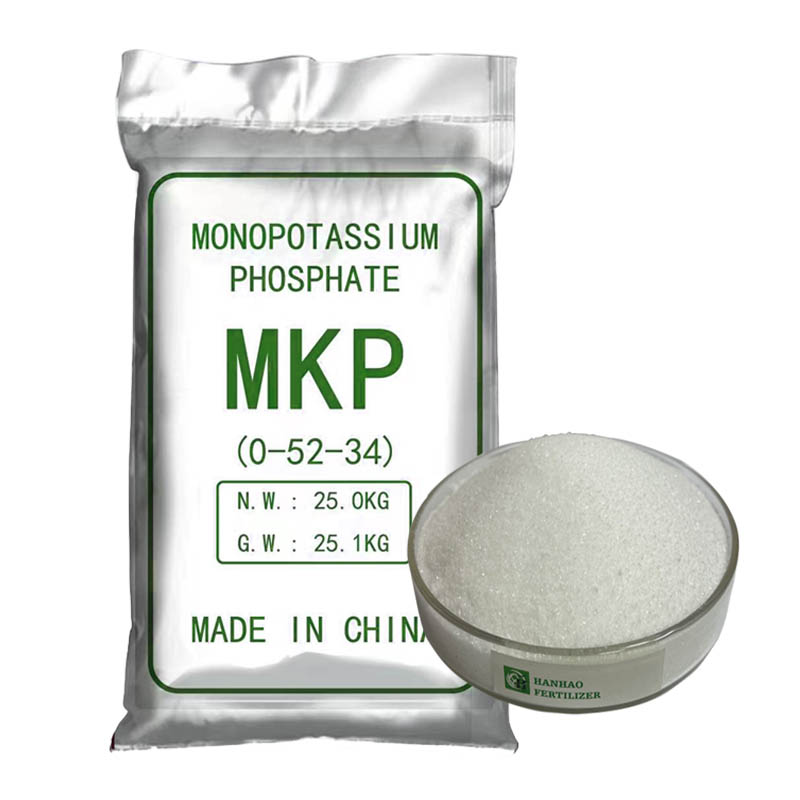
12 月 . 28, 2024 02:53 Back to list
uses of potash
The Uses of Potash A Vital Component in Agriculture and Industry
Potash, a term commonly used to refer to potassium carbonate, represents one of the most essential nutrients for plant growth and development. The name derives from the method of its production, whereby the ashes of burnt wood were leached in water and then evaporated in large iron pots. Today, potash is predominantly mined from underground deposits and is an integral component of fertilizers. However, its applications extend beyond agriculture, influencing various sectors of industry and manufacturing.
Agricultural Importance
The primary use of potash is in the agricultural sector, where it serves as a crucial source of potassium (K), one of the three essential macronutrients required by plants, alongside nitrogen (N) and phosphorus (P). Potassium plays a significant role in several physiological functions within plants, including water regulation, enzyme activation, and photosynthesis. Adequate potassium levels can enhance crop yield, improve disease resistance, and promote better fruit quality.
In many regions, especially those with nutrient-depleted soils, potash fertilizers are vital for replenishing potassium levels, ensuring that crops can flourish. Crops such as potatoes, tomatoes, and various fruits are particularly responsive to potassium application, which can lead to increased yields and improved crop health. By contributing to better root development and drought resistance, potash helps farmers achieve sustainable agricultural practices.
Industrial Applications
uses of potash

Beyond agriculture, potash finds several industrial applications. One of its key uses is in the manufacturing of glass. The potassium carbonate in potash enhances the melting process of silica and helps produce a more stable and durable glass product. This quality makes potash an invaluable ingredient in the glass-making industry, where it contributes to the clarity and strength of glass containers, tableware, and other glass products.
Additionally, potash is instrumental in the production of soaps and detergents. Potassium carbonate serves as a softening agent and acts as a part of the alkaline solution necessary for saponification—the process by which fats or oils are converted into soap. This makes potash a critical component in producing quality cleansing products, which are in high demand globally.
Environmental Considerations
The extraction and usage of potash come with environmental considerations. Sustainable mining practices are essential to minimize ecological impact. In regions where potash is mined, it is crucial to manage water resources and mitigate any disturbance to local ecosystems. Furthermore, increasing attention is being paid to the balanced application of potash in agriculture to prevent soil salinization and promote soil health.
Conclusion
In summary, potash is a vital resource with diverse applications that extend well beyond agricultural use. Its importance in enhancing crop production cannot be overstated, while its roles in industrial processes, such as glass manufacturing and soap production, highlight its versatility. As the global population continues to rise, ensuring sustainable practices in the extraction and application of potash will be essential for meeting both agricultural and industrial demands. By recognizing the multifaceted benefits of potash, society can better appreciate this remarkable resource and its contributions to modern life.
-
Calcium Ammonium Nitrate (CAN) White Granular Agriculture Fertilizer
NewsAug.22,2025
-
Organic 10-10-10 Fertilizer: Balanced NPK for Healthy Plants
NewsAug.21,2025
-
10 10 10 Organic Fertilizer: Balanced NPK for Healthy Gardens
NewsAug.19,2025
-
Advansix Sulf-N Ammonium Sulfate 21-0-0 Fertilizer
NewsAug.18,2025
-
Organic 10-10-10 Fertilizer: Balanced NPK for Superior Plant Growth
NewsAug.17,2025
-
Premium Organic 10-10-10 Fertilizer for All Plants
NewsAug.16,2025
